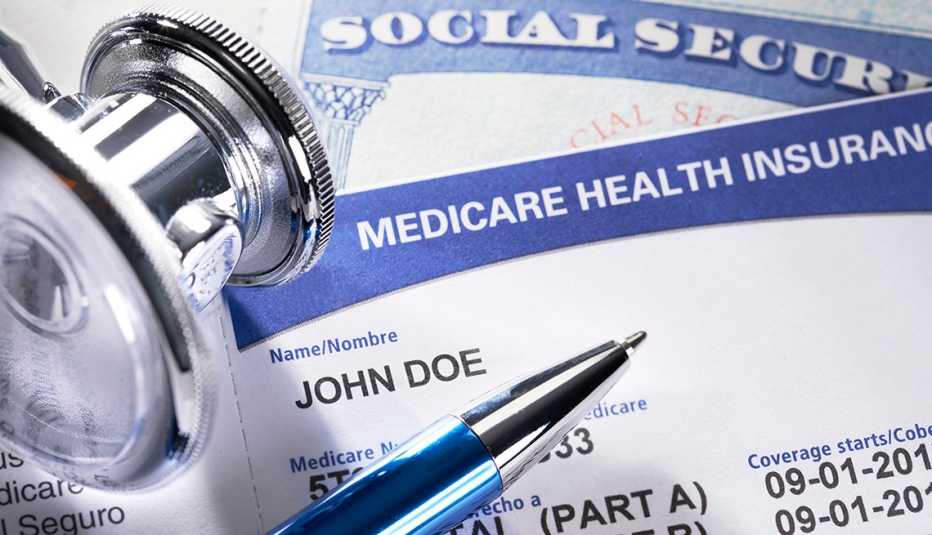Staying Fit


The financial futures of Medicare and Social Security remain virtually unchanged from last year, but the 2019 trustees’ reports released Monday warn Congress that it must act to address the long-term challenges of these two bedrock programs.
Without changes in the law, Medicare's health insurance trust fund will begin to fall short in 2026, when it would be able to cover 89 percent of the program's cost. That is the same projection as last year. Social Security's two funds — one that pays for retiree benefits and one that handles disability payments — together would begin to be depleted in 2035, when they would be able to pay 80 percent of scheduled benefits. That's one year later than the 2018 report projected.


AARP Membership— $12 for your first year when you sign up for Automatic Renewal
Get instant access to members-only products and hundreds of discounts, a free second membership, and a subscription to AARP the Magazine.
The trustees also reported that in 2020, the total annual cost of the Social Security program will outstrip its annual income — the first time that will have happened since 1982. That means the program will have to begin to tap into the nearly $3 trillion in its trust funds to keep up with benefit payments.
“Social Security and Medicare continue to be crucial to older Americans’ wellbeing — to their income and health security,” said AARP Chief Executive Officer Jo Ann Jenkins. “Today’s reports show that both programs remain strong, but there are long-term challenges to address on a bipartisan basis.”
Lawmakers have options on the table to fix the shortfall in Social Security's financing, the report says, recommending that they act soon “in order to phase in necessary changes gradually and give workers and beneficiaries time to adjust to them.”
The Medicare trustees offer a similar message. They project that Medicare expenses will continue to increase faster than either workers’ earnings or the overall economy. Rising health care costs, including the high cost of prescription drugs, continue to drive the increase in Medicare spending. The trustees estimate that Medicare spending will increase from 3.7 percent of the nation's gross domestic product in 2018 to 5.9 percent by 2038 and keep increasing until it reaches 6.5 percent of the country's economy by 2093.
"The projections in this year's report continue to demonstrate the need for timely and effective action to address Medicare's remaining financial challenges,” the report says. And as in last year's analysis, the trustees conclude by calling on lawmakers to “work together with a sense of urgency to address these challenges."
Dena Bunis covers Medicare, health care, health policy and Congress. She also writes the Medicare Made Easy column for the AARP Bulletin. An award-winning journalist, Bunis spent decades working for metropolitan daily newspapers, including as Washington bureau chief for The Orange County Register and as a health policy and workplace writer for Newsday.


































































More on politics-society
Sick of High Drug Prices?
Tell Congress it’s time to let Medicare negotiate for lower drug pricesOlder Americans Act Needs Money, Support
Lawmakers can strengthen this vital program for seniors